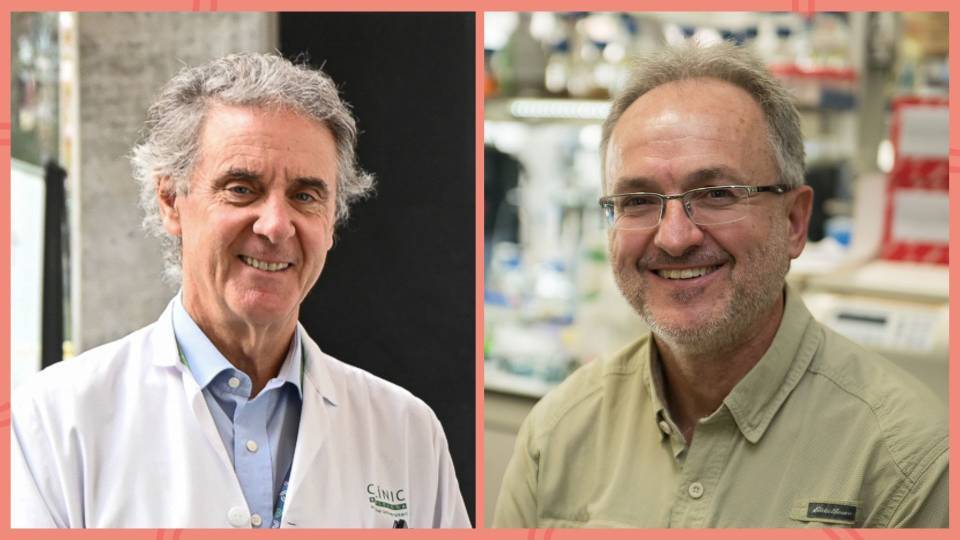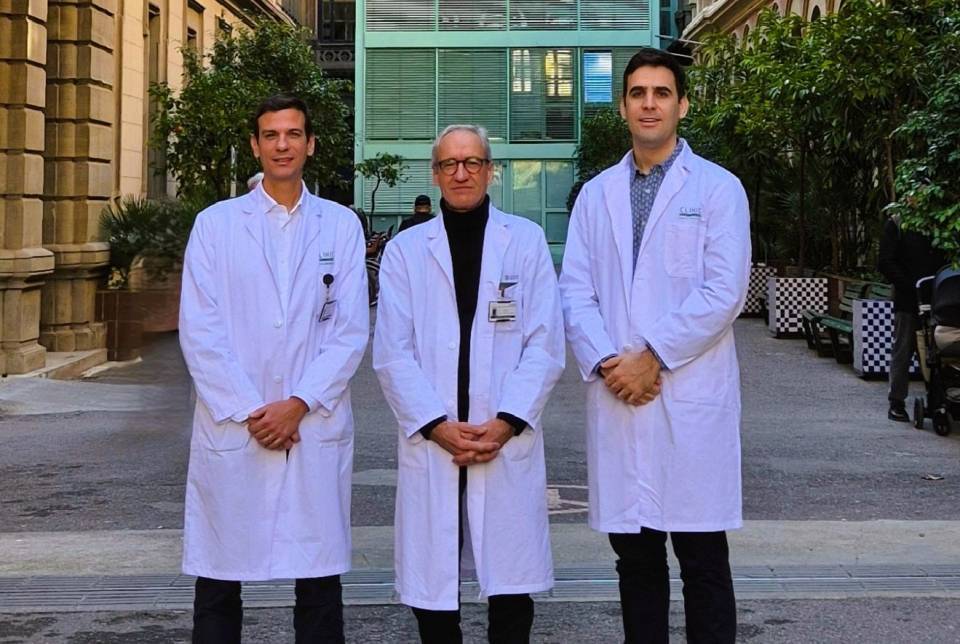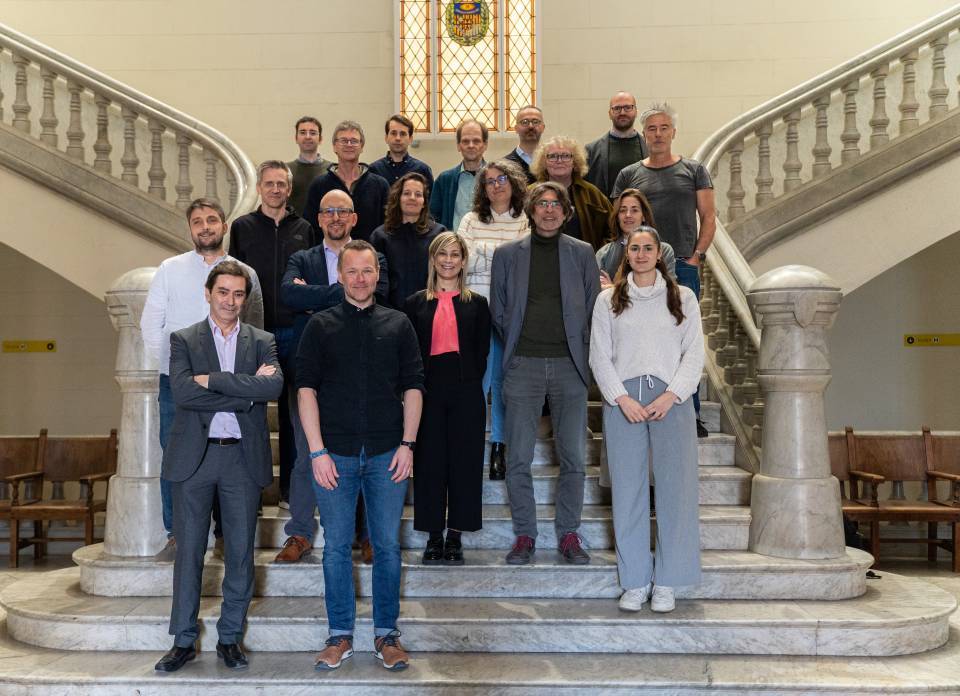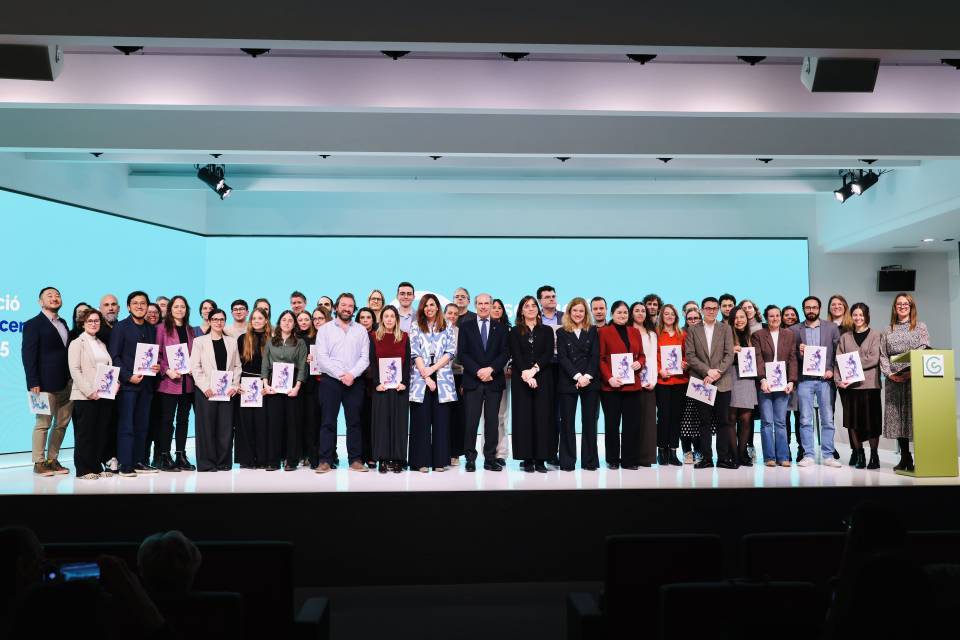Today, Thursday, 20 November 2025, Fundació ”la Caixa” has announced the research projects selected in the 2025 Health Research call. There are 34 projects, led by 25 Spanish research centres, universities and hospitals, and nine Portuguese projects. In this eighth edition, 714 basic, clinical and translational research projects were submitted.
Two of the funded projects are from IDIBAPS-Hospital Clínic Barcelona. One is led by Pere Santamaria, the head of the IDIBAPS group Pathogenesis and treatment of autoimmunity. The other is headed by Álvaro Urbano, the leader of the research group Haematopoietic progenitor cell transplantation.
Reprogramming the immune system to prevent diabetes
Led by Pere Santamaria, this project has been awarded a €500,000 grant in partnership with Breakthrough T1D. It focuses on understanding how nanodrugs work genetically to combat certain autoimmune diseases such as type 1 diabetes. The treatment induces the transformation of a specific type of immune cell into another cell type that mitigates the immune response and avoids harmful effects on the body. The project researchers have already demonstrated that this transformation occurs in stages and involves changes in how genes are turned on or off. However, the mechanisms that control this process are not yet precisely known.
To discover the underlying mechanisms, the team will study how certain genes and proteins behave during the transformation. Advanced techniques will be used to track changes in gene activity and DNA structure in individual cells. The effect that eliminating specific genes has on the ability of immune cells to become protective and prevent the onset of diabetes in mice will also be studied.
A new hope for children with resistant T-cell leukaemia
Headed by Álvaro Urbano, this project has received €996,024 in funding. Children and adults affected by a rare and aggressive form of blood cancer called T-cell acute lymphoblastic leukaemia often have few therapeutic options, especially when a relapse occurs or the disease does not respond to standard treatments. The project team has developed a treatment that uses the patient’s own immune cells, modified in the laboratory to recognise and destroy cancer cells. Although similar treatments have worked well for other types of leukaemia, it has been difficult to apply them to this specific form of cancer. The main challenge is that the immune cells used for treatment share characteristics with the cancer cells, causing them to attack each other before they can help the patient.
To overcome this problem, the researchers have developed a method to select only immune cells that do not have the same markers as the cancer cells. This allows the treatment to be prepared safely, even for patients with cancer cells circulating in the blood, who are usually excluded from clinical trials. This therapy, called ARI-007, has already shown promising results in early trials, with one patient even achieving complete remission of the disease. The project will then move into the clinical trial phase to evaluate the safety and effectiveness of ARI-007.
This project is being carried out in collaboration with the Hospital Sant Joan de Déu.




